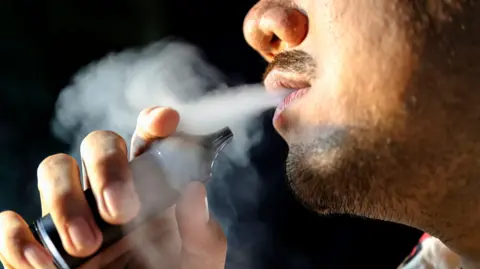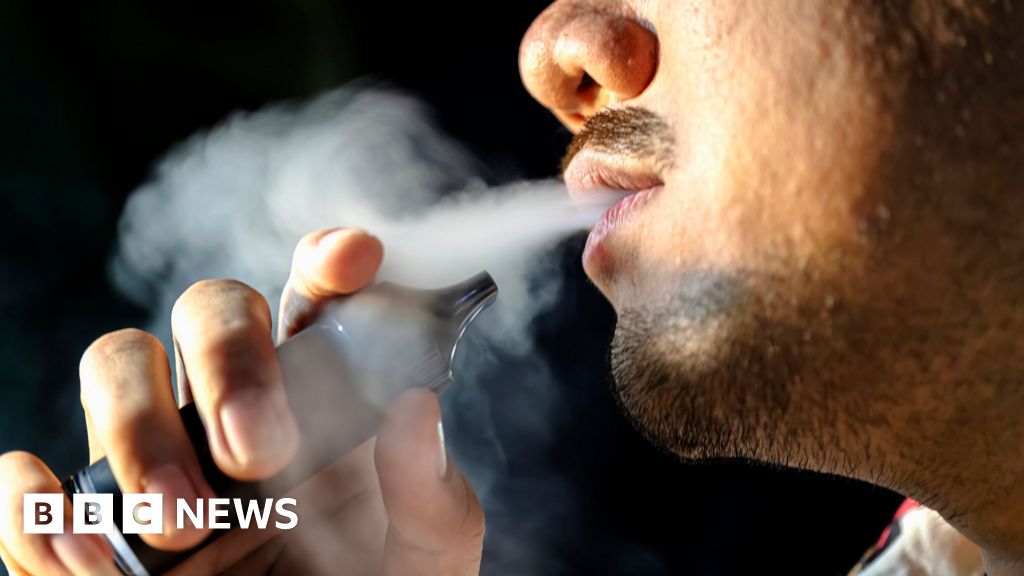In a landmark decision, a Singapore court on Monday found Pritam Singh, the prominent leader of the Workers' Party, guilty of taking oaths falsely to Parliament. This ruling, which is unprecedented for an opposition leader in Singapore, led to a fine of 7,000 Singaporean dollars (approximately $5,220) for each of the two charges. Singh, who has expressed intentions to appeal the verdict, has confirmed that he will not be disqualified from office or barred from contesting in the approaching elections scheduled for November 23.
The repercussions of Singh's conviction could have serious ramifications for the Workers’ Party as they aim to solidify support among undecided voters. The case emerged following the parliamentary misrepresentation of another party member, Raeesah Khan, who admitted to lying in Parliament regarding a sexual assault case. Singh's management of Khan's incident raised enough concern for a parliamentary committee to launch inquiries, resulting in his legal challenges.
Despite this legal setback, Singh maintains that his party is crucial in fostering a politically diverse landscape in Singapore. His leadership, which began gaining traction after the Workers' Party achieved a historic victory in the last elections with 10 seats out of 93, indicates a shift in Singapore's political narrative, previously dominated by the People’s Action Party (P.A.P.).
As the nation prepares for elections, the P.A.P. will be under new leadership from Lawrence Wong, who took over from long-serving prime minister Lee Hsien Loong. This context adds layers of complexity to the prime political battle ahead. In a climate marked by political scandals and an erosion of trust in established political figures, Singh’s conviction adds to an already tumultuous environment that could redefine Singapore's political dynamics.
Analysts call into question whether the ramifications of this conviction might have necessitated an internal parliamentary resolution rather than a criminal trial, a reflection of the evolving and sometimes turbulent political climate of what is generally seen as a stable nation. The ongoing developments will be closely monitored as voters approach the polls, seeking answers and accountability from their leaders.
The repercussions of Singh's conviction could have serious ramifications for the Workers’ Party as they aim to solidify support among undecided voters. The case emerged following the parliamentary misrepresentation of another party member, Raeesah Khan, who admitted to lying in Parliament regarding a sexual assault case. Singh's management of Khan's incident raised enough concern for a parliamentary committee to launch inquiries, resulting in his legal challenges.
Despite this legal setback, Singh maintains that his party is crucial in fostering a politically diverse landscape in Singapore. His leadership, which began gaining traction after the Workers' Party achieved a historic victory in the last elections with 10 seats out of 93, indicates a shift in Singapore's political narrative, previously dominated by the People’s Action Party (P.A.P.).
As the nation prepares for elections, the P.A.P. will be under new leadership from Lawrence Wong, who took over from long-serving prime minister Lee Hsien Loong. This context adds layers of complexity to the prime political battle ahead. In a climate marked by political scandals and an erosion of trust in established political figures, Singh’s conviction adds to an already tumultuous environment that could redefine Singapore's political dynamics.
Analysts call into question whether the ramifications of this conviction might have necessitated an internal parliamentary resolution rather than a criminal trial, a reflection of the evolving and sometimes turbulent political climate of what is generally seen as a stable nation. The ongoing developments will be closely monitored as voters approach the polls, seeking answers and accountability from their leaders.




















